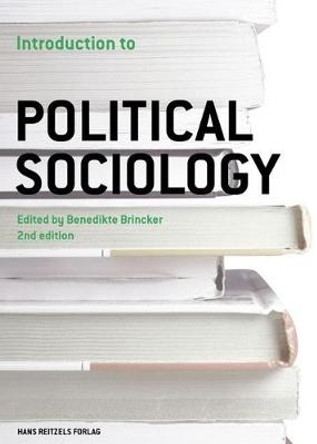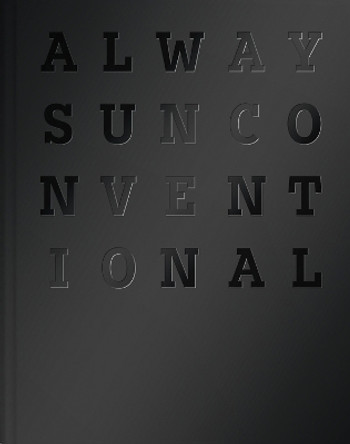Description
Although physicalism has been the dominant position in recent work in the philosophy of mind, this dominance has not prevented a small but growing number of philosophers from arguing that physicalism is untenable for several reasons: both ontologically and epistemologically it cannot reduce mentality to the realm of the physical, and its attempts to reduce subjectivity to objectivity have thoroughly failed. The contributors to After Physicalism provide powerful alternatives to the physicalist account of the human mind from a dualistic point of view and argue that the reductive and naturalistic paradigm in philosophy has lost its force.
The essays in this collection all firmly engage in a priori metaphysics. Those by Uwe Meixner, E. J. Lowe, John Foster, Alvin Plantinga, and Richard Swinburne are concerned with ways to establish the truth of dualism. Essays by William Hasker, A. D. Smith, and Howard Robinson deal with the relation between physicalism and dualism. Benedikt Paul Goecke argues that the "I" is not a particular and Stephen Priest that "I have to understand myself not as a thing but as no-thing-ness." In the final essay, Thomas Schartl argues that there are limits to dualism as indicated by the concept of resurrection. By including two classical essays by Plantinga and Swinburne, the volume conveniently brings together some of the best and the newest thinking in making the philosophical case for dualism.
About the Author
Benedikt Paul Goecke is a junior research fellow in philosophy at Blackfriars Hall, Oxford University.
Reviews
"This is a timely and important book. Conventional, mechanistic physicalism clearly suffers from major difficulties, not the least of which are the incompleteness of modern physics and the inability to account for qualitative experience and consciousness. The time is right to examine our other options: dualism, pluralism, and alternate forms of monism. There is indeed 'life after physicalism,' and this book paves the way." -David Skrbina, University of Michigan-Dearborn
"I found this to be an interesting collection of articles on a very significant topic. Benedikt Paul Goecke is correct to affirm that contemporary physicalism about human persons is in something of a crisis mode, in which most philosophers are sure that some form of physicalism must be true, but no one has a convincing account of how physicalism could be true. The time is right for a new look at dualism, and, for the most part, this book delivers just that." -C. Stephen Evans, Baylor University
"This is a remarkable book, which can be used as a textbook in philosophy of mind as well as in philosophy of religion courses, and which also opens up the debate in an original way among colleagues at an advanced level." -Fergus Kerr, University of Edinburgh
"Goecke has assembled a collection of 11 essays-9 of which are here printed for the first time-that usefully showcase the rich options available to readers in attempting to understand the mind outside a physicalistic framework. . . . Although different readers likely will gravitate to different essays, the collection as a whole offers much of interest to anyone grappling with questions about the nature of the mental." -Choice
"This volume contains much interesting material, and it is important to examine and carefully evaluate both the problems that physicalism has as well as the prospects of rival positions. . . . This volume certainly constitutes an important contribution to the decade." -Mind
Book Information
ISBN 9780268030001
Author Benedikt Paul Goecke
Format Paperback
Page Count 384
Imprint University of Notre Dame Press
Publisher University of Notre Dame Press
Weight(grams) 503g
Dimensions(mm) 229mm * 152mm * 20mm






